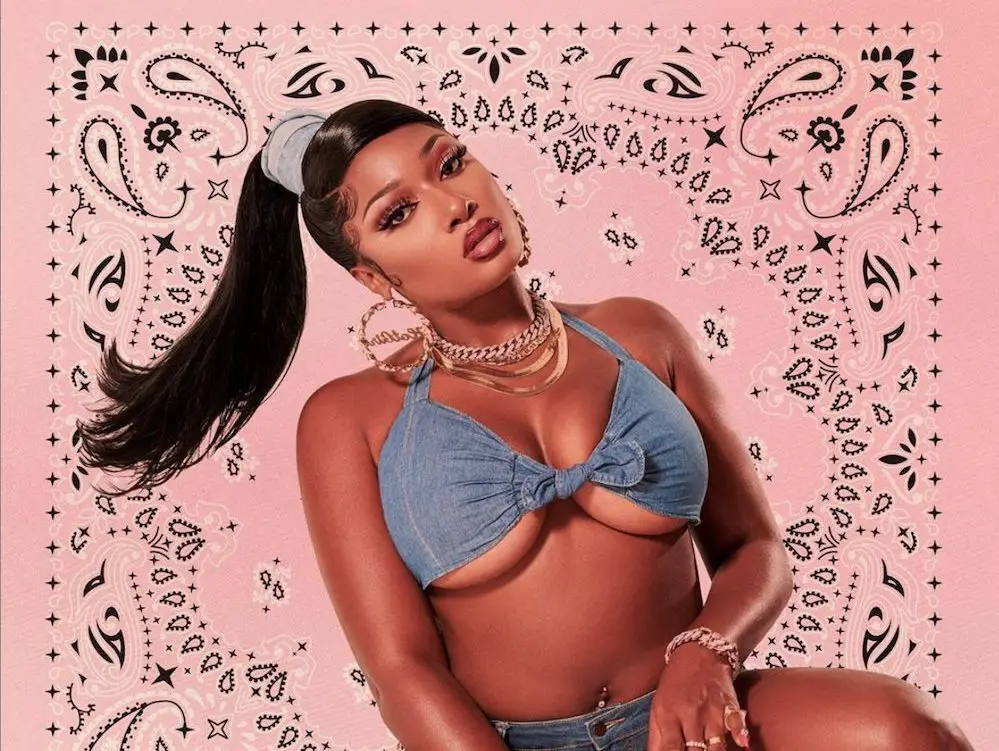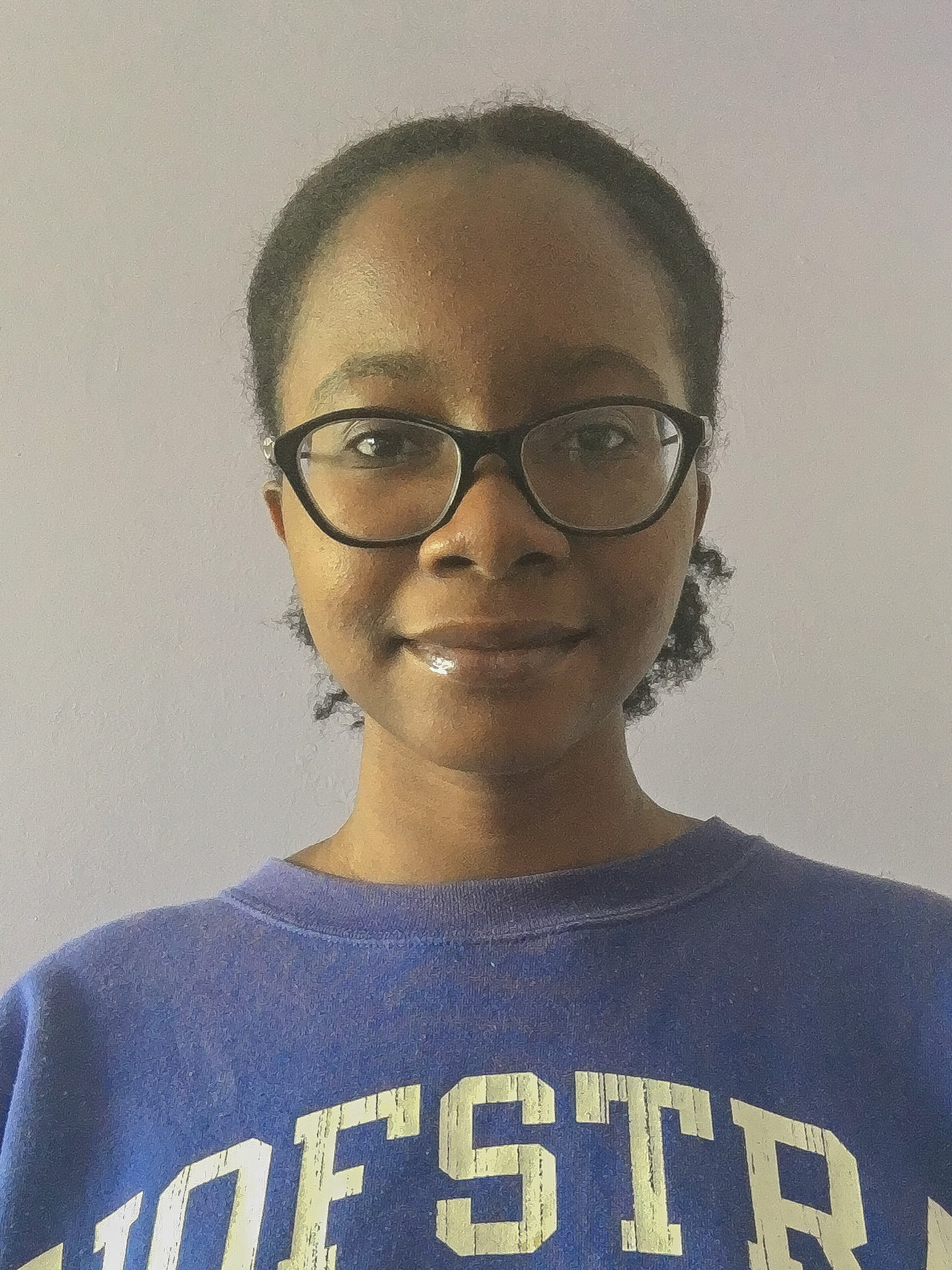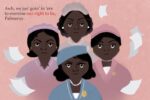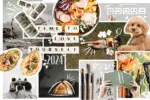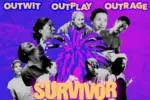Rapper Megan Thee Stallion has ascended to superstardom over the past couple of years. The release of smash hits “Hot Girl Summer” and “Savage” have established her as one of pop culture’s most beloved artists. However, things took a turn when Stallion was shot during a confrontation in a car with rapper Tory Lanez. Confusion and misinformation over the specifics of the event spread online until Stallion herself addressed it on her Instagram page on July 15.
In her own words, Stallion described the altercation as a “traumatic night.” While there was some concern from her peers in the industry — she notably received flowers from other Black female artists like Beyoncé, Rihanna and Lizzo — Stallion’s trauma elicited jokes and a general disregard for her well-being online. Within hours of the event’s press release, memes and insensitive jokes flooded social media.
Draya Michele from “Basketball Wives” compared the incident to the allegedly abusive relationship between Whitney Houston and Bobby Brown: “I predict that they had some sort of Bobby and Whitney love that, you know, drove them down this snapped-esque type of road. And I’m here for it. I like that. I want you to like me so much that you shoot me in the foot too.”
50 Cent posted “Austin Powers” and “Boyz N the Hood” memes, depicting Stallion being on the run from Tory Lanez with the caption “Run Ricky Run.”
Since then, both figures have apologized for their comments, but if you ask me, they should never have made these distasteful jokes in the first place. There is absolutely nothing funny about being shot.
These jokes are cruel and should never have been made at a human being’s expense, yet they are by no means surprising. This flippant response is emblematic of the disgusting way that Black women’s trauma is collectively dismissed.
The Center for Disease Control and Prevention issued a report in 2018, which stated that Black women are more likely to be killed by intimate partners or violence than Hispanic, Asian and white women. What happened to Stallion was a reminder to Black women of how unprotected we truly are in this world.
When it comes to discussing the violence against Black women, the casual, apathetic response to their pain is well known. Although police officers killed Breonna Taylor months before George Floyd, it was the latter’s murder that sparked worldwide protests and an outcry for justice. Now, pleas for her justice have become internet memes. Even worse, the officers who killed her are still walking free.
This world sees Black women as impenetrable forces. It would rather meet our pain with mockery and jokes than sympathy or compassion. We are consistently held to superhuman standards, and if we ever deviate from them, we are dragged through the mud.
This inability to see Black women as victims in need of protection originates from a mix of anti-Blackness and misogyny, also known as misogynoir. Misogynoir is a term coined by Black feminist Moya Bailey back in 2010. She described it as the “particular brand of hatred directed at Black women in American visual and popular culture.”
This form of hatred comes at the detriment of Black women, and non-Black people and Black men perpetuate it.
One of the most famous examples of someone frequently subjected to misogynoir is Serena Williams. Despite being one of the greatest athletes to have ever existed, she consistently faces attacks from Twitter trolls.
Some examples include comments like:
“Serena Williams look like a man with t—, its only when she wears weave she looks female tbh, what a HENCH BOLD GORILLA!”
Another subject of this lack of respect is Tina Turner. The violence she suffered from her first husband, Ike Turner, has been reduced to internet memes. And as recently as 2018, Rihanna herself had to address a disrespectful Snapchat ad that referenced the violence she endured at the hands of Chris Brown.
Misogynoir perpetuates the harmful idea that it is acceptable to treat Black women like this. It is okay to demean, fetishize and attack us because we can take it. Throw anything and everything our way because how we feel about it doesn’t matter. We are so unflinchingly strong and aggressive, it must be impossible to hurt us, right?
In a discussion with The Washington Post, C. Nicole Mason, the CEO and president of the Institute for Women’s Policy Research, stated that “the scrutiny has been on Meg and not where it should be, which is on the perpetrator.”
In response to the cruelty directed at her, Stallion returned to social media. She discussed the event in detail in a live video. She paused during some moments as tears welled in her eyes.
https://www.youtube.com/watch?v=FfD1xCuzcOg&t=330s
“I had to get surgery … There’s nothing to joke about. There was nothing for y’all to start making fake stories about. I didn’t put my hands on nobody. I didn’t deserve to get shot.”
Megan Thee Stallion’s pain was in the spotlight for all to criticize and joke about, while the perpetrator was hardly mentioned in the online discourse at all. Her humanity was stripped away and her trauma became an internet joke.
Stallion articulated these sentiments perfectly on Twitter when she addressed all of the scrutiny she had been facing:
“Black women are so unprotected & we hold so many things in to protect the feelings of others w/o considering our own. It might be funny to y’all on the internet and just another messy topic for you to talk about but this is my real life and I’m real life hurt and traumatized.”
Black women are just as human as anyone else in this world. Our pain and trauma is not content for new memes on Instagram or Twitter. It is not another messy celebrity drama story and our deaths are not online trends. The violence and pain Black women consistently endure is not a joke. It is our lives.


